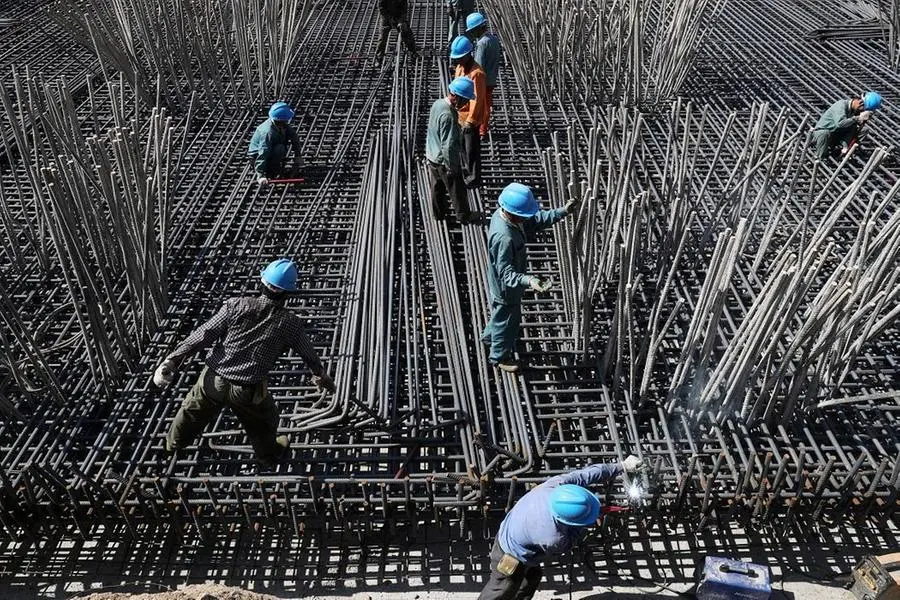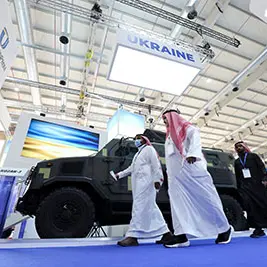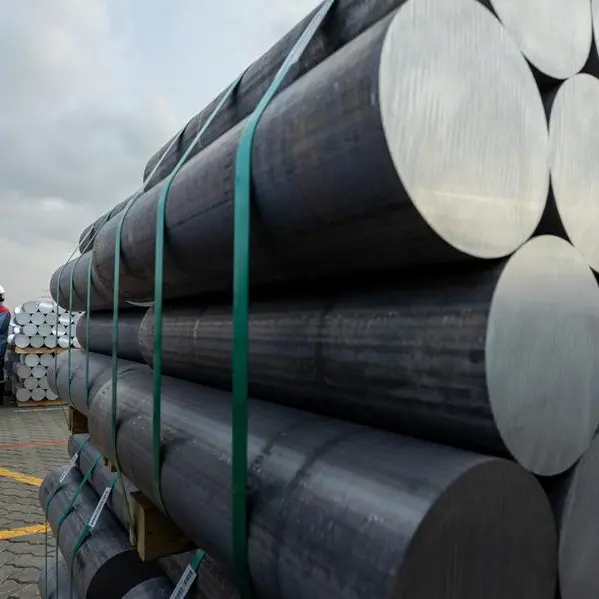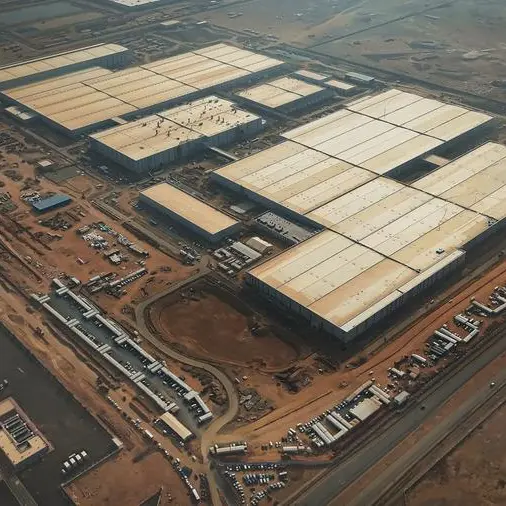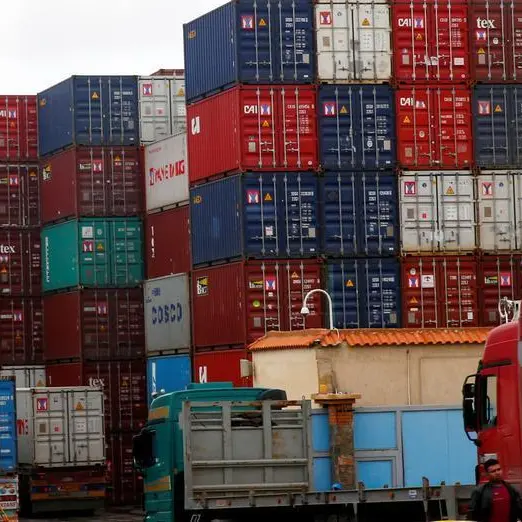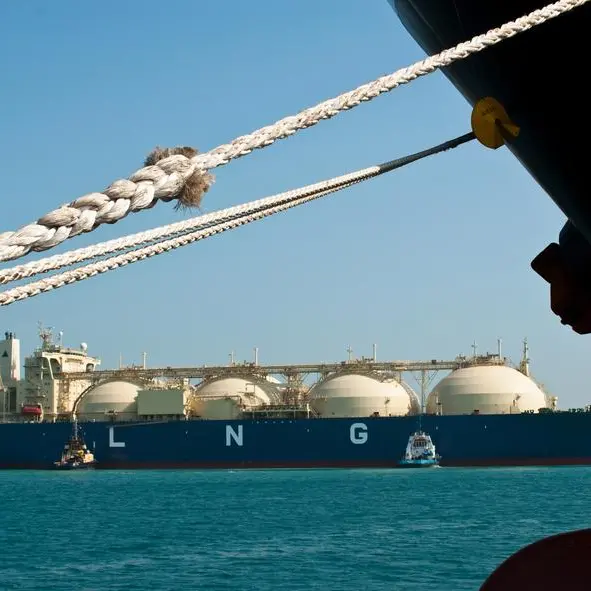PHOTO
Saudi Arabia’s iron and steel industry is well-positioned to accelerate transition to green and sustainable production thanks to technology choices, availability of low-cost electricity and natural gas and government programmes like the Saudi Green Initiative, the Minister of Investment Khalid Al-Falih said.
He said Direct Reduced Iron (DRI) and Electric Arc Furnace (EAF) accounts for 100 percent of the steel produced in the Kingdom compared to 28 percent globally, adding that carbon dioxide emissions of the Kingdom’s iron and steel plants are 60 percent lower than global average due to the use of natural gas and electricity instead of coal in the production processes.
Speaking at the Second Saudi International Iron and Steel Conference in Riyadh on Tuesday, he pointed out that the global iron and steel industry, which accounts for about 24 percent of direct industrial CO2 emissions, is under pressure to decarbonise from both the producing countries and the consuming countries seeking green steel imports.
He said the carbon abatement cost is expected to increase to $180 per tonne in 2050 compared to about $30 per tonne in 2020, which will drive a major shift in steel making technologies with the share of carbon-intensive technologies such as coal-based furnaces dropping to 40 percent in the next decade from 70 percent at present.
He said major iron and steel producers are increasingly looking at new technologies including the use of hydrogen instead of coal or gas as reducing agent, carbon capture and utilisation, and producing iron by electrolysis.
Al-Falih said local iron and steel producers will benefit from Saudi Green Initiative (SGI), which aims to diversify the energy mix and raise the share of renewable energy in the mix to 50 percent by 2030. Additionally, with SGI targeting to produce 3 million tonnes of blue hydrogen and 1 million tonnes of green hydrogen annually by 2030, the iron manufacturers would be able use green hydrogen in direct reduction processes as an alternative to natural gas.
The investment minister pointed out that the cost of steel production in Saudi Arabia is very competitive internationally due to the availability of low-cost natural gas and electricity. He said the industry would be able to offset the increased cost of carbon reduction thanks to the Kingdom’s cost advantages in the production of renewable energy and green hydrogen, and a world infrastructure in the form of industrial cities, some of which are dedicated to heavy, energy-intensive industries.
Al-Falih disclosed that planning is underway to launch four special economic zones and build advanced logistical infrastructure comprising of about 5,500 kilometres of railway tracks, 10 ports, 28 airports, and about 232,000 kilometres of roads.
He said the Kingdom is also planning to launch a special initiative to attract global supply chains to the Kingdom.
(Writing by Marwa Abo Almajd; Editing by Anoop Menon)
